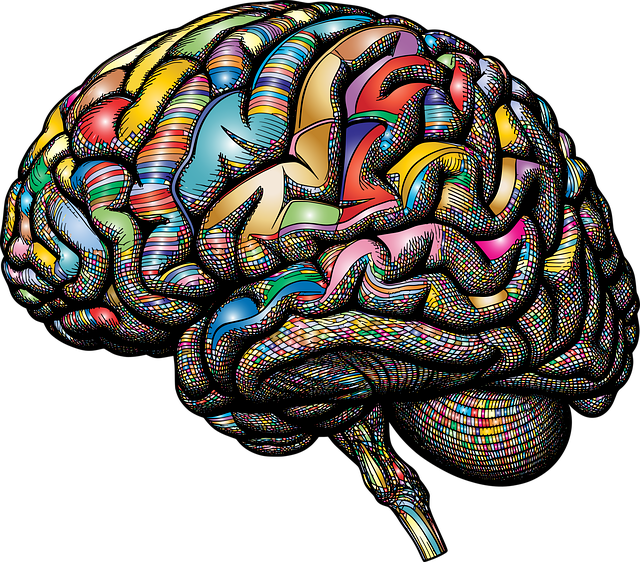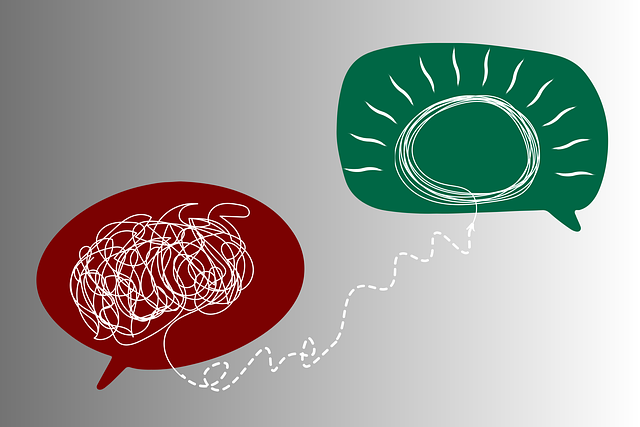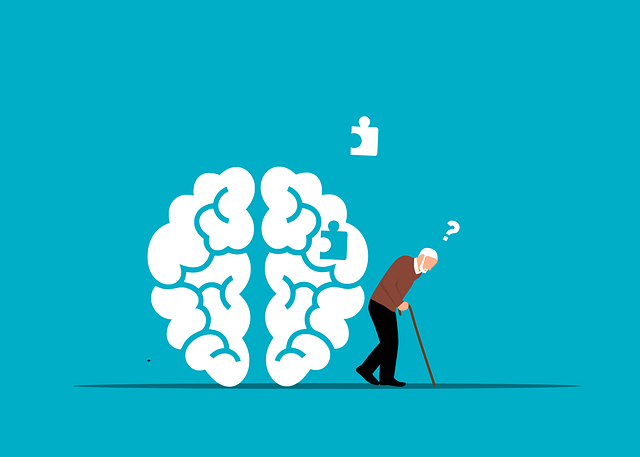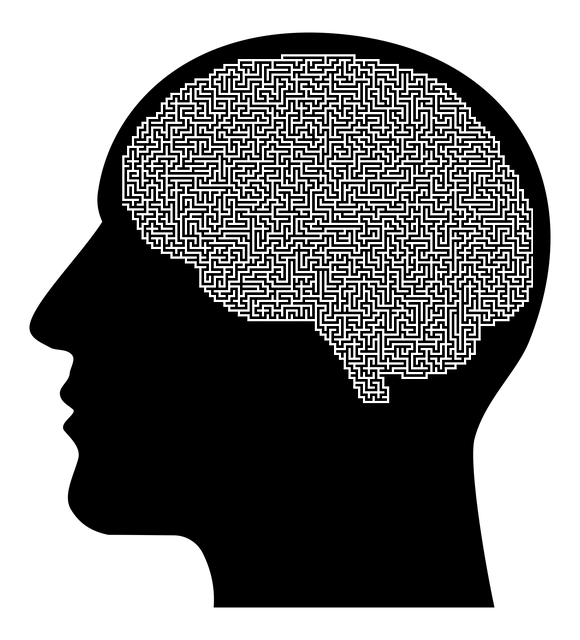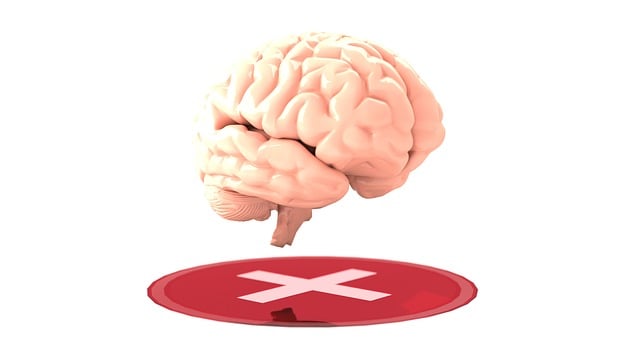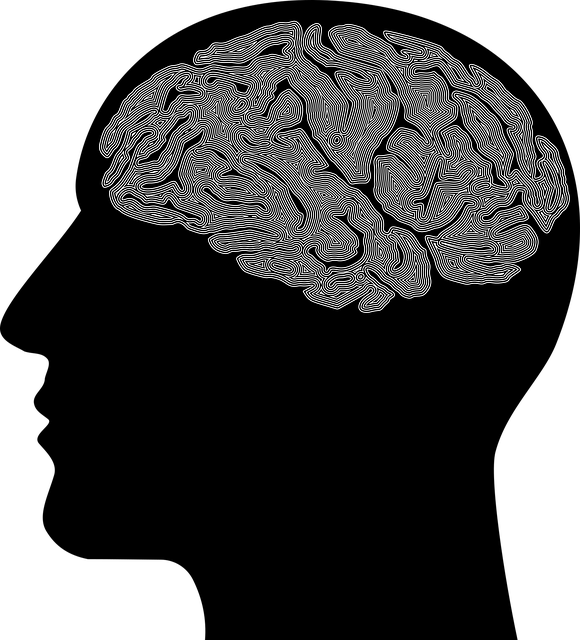In moments of intense emotional distress, crisis intervention becomes crucial for mental health professionals. Golden Anger Management Therapy (GAMT) is a specific approach within this field, focusing on transforming anger into constructive outlets and preventing harm to self or others. Professionals must recognize signs of severe trauma or intense anger, create safe spaces, actively listen, and develop tailored plans. GAMT combines cognitive-behavioral techniques, mindfulness practices, and emotional regulation strategies to address underlying causes of anger, provide healthy expression tools, and foster cultural sensitivity. Effective crisis intervention includes GAMT, Stress Reduction Methods, Self-Awareness Exercises, Risk Management Planning, and Conflict Resolution Techniques, promoting positive outcomes during crises and long-term mental wellness.
In times of crisis, effective intervention can be a lifeline. This article explores essential strategies for navigating intense situations, with a focus on Golden Anger Management Therapy—a proven approach to calming and empowering individuals during high-stress events. We delve into key components of successful interventions, from understanding the nuances of crisis to adapting techniques for diverse needs. By implementing these guidelines, professionals can foster positive outcomes and support those facing emotional turmoil.
- Understanding Crisis Intervention: When and Why It's Necessary
- Golden Anger Management Therapy: A Comprehensive Approach
- Key Components of Effective Crisis Intervention Strategies
- Implementing and Adapting Interventions for Positive Outcomes
Understanding Crisis Intervention: When and Why It's Necessary

In moments of intense distress or crisis, individuals often find themselves caught in a web of emotions that can be challenging to navigate. This is where crisis intervention steps in as a crucial tool for mental health professionals. It’s not just about providing immediate support; it’s an art and science of assisting people in managing and resolving critical situations. Golden Anger Management Therapy, for instance, is a specific approach within crisis intervention that focuses on helping individuals transform their anger into constructive outlets, thereby preventing potential harm to themselves or others.
Understanding when a situation warrants crisis intervention is essential. It can be triggered by various factors such as suicidal ideation, severe trauma, acute depression, or intense anger. Mental health professionals must be adept at recognizing these signs and implementing crisis intervention guidance. This process involves creating a safe space, actively listening to the individual’s concerns, and developing a tailored plan to address the crisis. By incorporating compassion cultivation practices into their toolkit, professionals can enhance their ability to connect with clients during these challenging times, fostering an environment of trust and understanding. Moreover, risk management planning is vital; it ensures that professionals are prepared to handle not only immediate crises but also predict potential triggers for future ones.
Golden Anger Management Therapy: A Comprehensive Approach

Golden Anger Management Therapy (GAMT) offers a comprehensive approach to addressing anger-related issues by combining various effective techniques. This therapy goes beyond traditional anger management programs, integrating elements from cognitive-behavioral therapy, mindfulness practices, and emotional regulation strategies. GAMT aims to help individuals understand the underlying causes of their anger, providing tools to manage and express it healthily. The process involves risk assessment for mental health professionals to ensure client safety while fostering a culturally sensitive environment that respects diverse backgrounds.
By reducing the stigma associated with mental illness through thoughtful engagement and tailored interventions, GAMT empowers clients to take control of their emotional well-being. This approach recognizes that anger is a complex emotion often tied to deeper psychological issues. Through individual or group therapy sessions, clients learn to identify triggers, develop coping mechanisms, and enhance their overall emotional intelligence. Cultural sensitivity in mental healthcare practice is at the core of GAMT, ensuring that interventions are adaptable and respectful, thereby promoting positive outcomes for all participants.
Key Components of Effective Crisis Intervention Strategies

Effective crisis intervention strategies rely on several key components to help individuals navigate and overcome challenging situations. Firstly, Golden Anger Management Therapy serves as a cornerstone, teaching individuals how to manage intense emotions, particularly anger, which is often at the heart of crises. By understanding and regulating their anger, people can communicate more effectively during high-stress situations and make better decisions.
Additionally, incorporating Stress Reduction Methods and Self-Awareness Exercises into intervention plans empowers individuals to recognize triggers and develop healthy coping mechanisms. These practices enable them to manage stress levels, fostering resilience and emotional stability. Through a combination of anger management techniques, self-awareness exercises, and stress management strategies, crisis intervention becomes more tailored and effective in assisting folks through their challenges.
Implementing and Adapting Interventions for Positive Outcomes

Implementing crisis intervention strategies requires a nuanced approach that adapts to each individual’s unique circumstances and needs. For instance, Golden Anger Management Therapy (GAMT) offers a promising avenue for addressing intense anger and its underlying causes. By employing techniques like mindfulness, cognitive restructuring, and alternative dispute resolution skills, GAMT helps individuals gain control over their emotions and improve communication. This tailored method not only promotes positive outcomes during crises but also fosters long-term mental wellness.
Effective crisis intervention goes beyond one-size-fits-all solutions. Mental health professionals must be equipped with comprehensive tools and flexible strategies, such as those outlined in Risk Management Planning. Additionally, integrating Conflict Resolution Techniques into the toolbox enhances professionals’ ability to de-escalate situations and facilitate constructive conversations. The Mental Wellness Podcast Series Production can further empower practitioners by providing a platform to share innovative interventions and best practices, ultimately enhancing their skills and contributing to better patient outcomes.
In navigating crises, effective intervention strategies are vital. By understanding the necessity of crisis intervention, adopting a comprehensive approach like Golden Anger Management Therapy, and implementing key components tailored to individual needs, we can foster positive outcomes. Adaptability is key; each situation unique, requiring interventions to be fine-tuned for maximum impact. This holistic guidance equips professionals to effectively support individuals through challenging times, ensuring better mental health and well-being.
